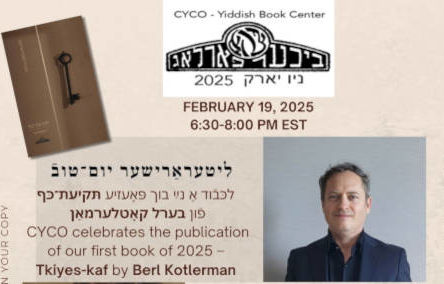
Berl Kotlerman Celebrates His Yiddish Poetry Book
Berl Kotlerman Celebrates His Yiddish Poetry Book
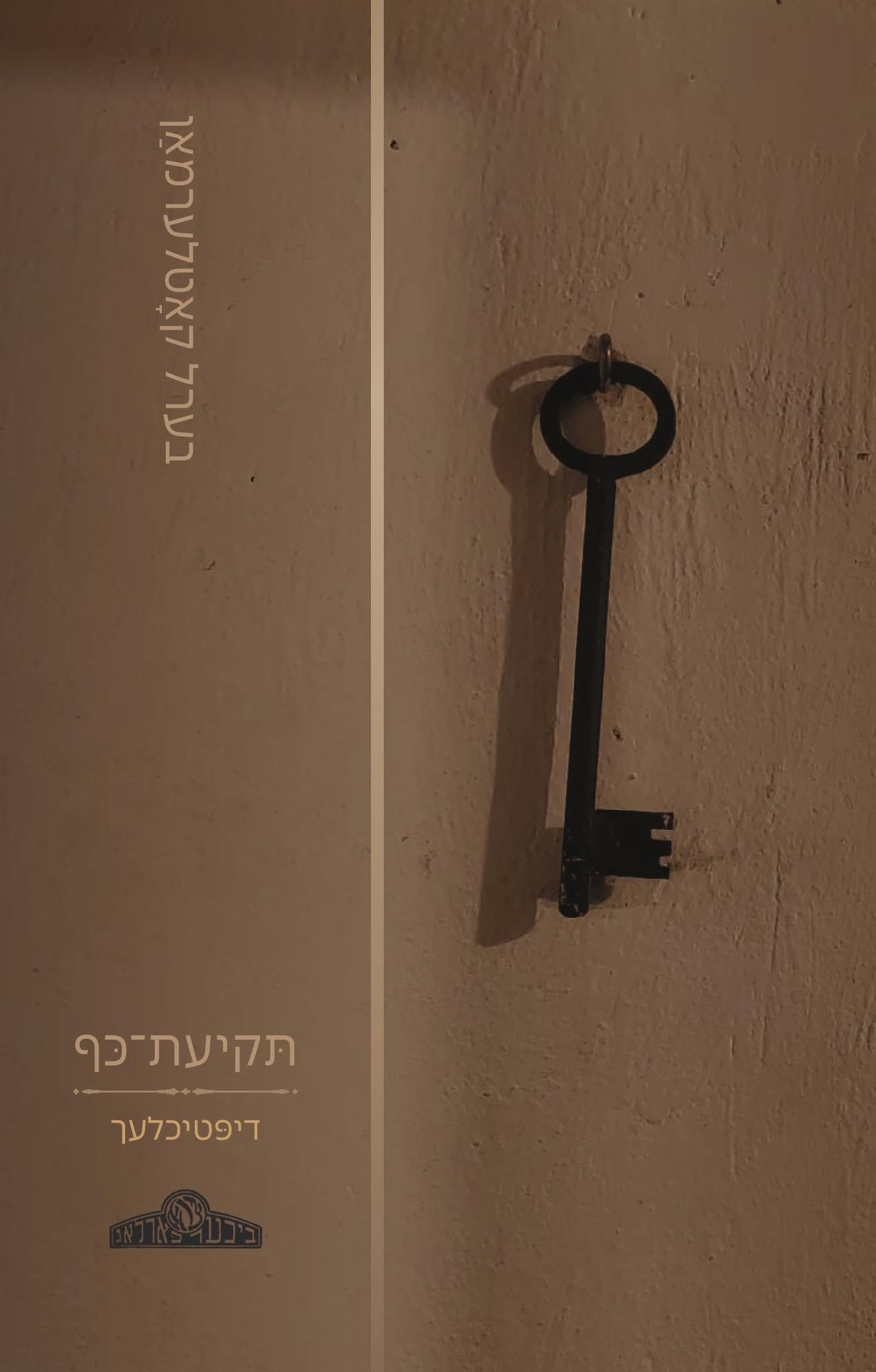 On February 19, 2025, the CYCO Yiddish Book Center celebrated the publication of a Yiddish poetry book by Dr. Berl Kotlerman who shared with us the information about this exciting event. The festive evening included a talk with the poet conducted by the renowned Yiddishist veteran Sheva Zucker, and a concert by Deborah Strauss and Jeff Warschauer.
On February 19, 2025, the CYCO Yiddish Book Center celebrated the publication of a Yiddish poetry book by Dr. Berl Kotlerman who shared with us the information about this exciting event. The festive evening included a talk with the poet conducted by the renowned Yiddishist veteran Sheva Zucker, and a concert by Deborah Strauss and Jeff Warschauer.
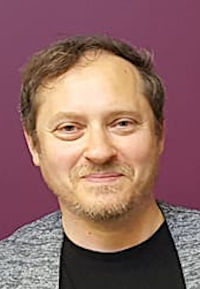
Berl Kotlerman
Kotlerman, a professor and the head of the Rena Costa Center for Yiddish Studies at Bar Ilan University (Israel), is the author and co-author of several books on such diverse aspects of Yiddish culture as Jewish Studies in the Far East, Sholem Aleichem’s implicit influence on early Yiddish cinema and Bauhaus architecture in Birobidzhan, as well as four fiction books in Yiddish. His new poetry collection published by the CYCO and entitled Tkiyes-kaf: Diptikhlekh (“Handshake in Agreement: Little Diptychs”) is written in a novel style: all poems are grouped by pairs of complementary “diptychs” dedicated to different dimensions of the same subject.
The CYCO, Tsentrale yidishe kultur-organizatsye (“Central Yiddish Cultural Organization”), was founded by leading American Yiddish authors and cultural activists in 1938 as a cultural organization with branches throughout the US and as far away as Argentina. Among the authors published by the CYCO were top Yiddish writers of their time, including the Nobel Prize winner Isaac Bashevis Singer.
Photo credit: Berl Kotlerman
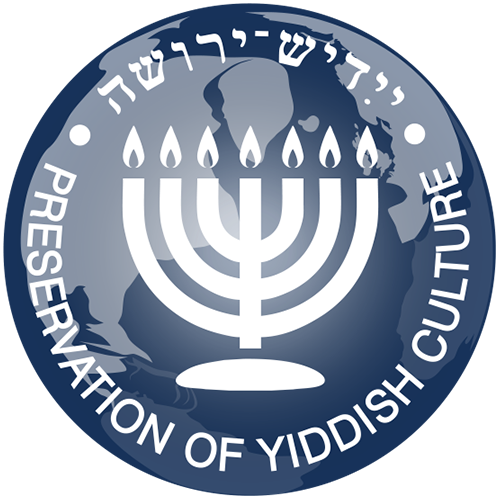
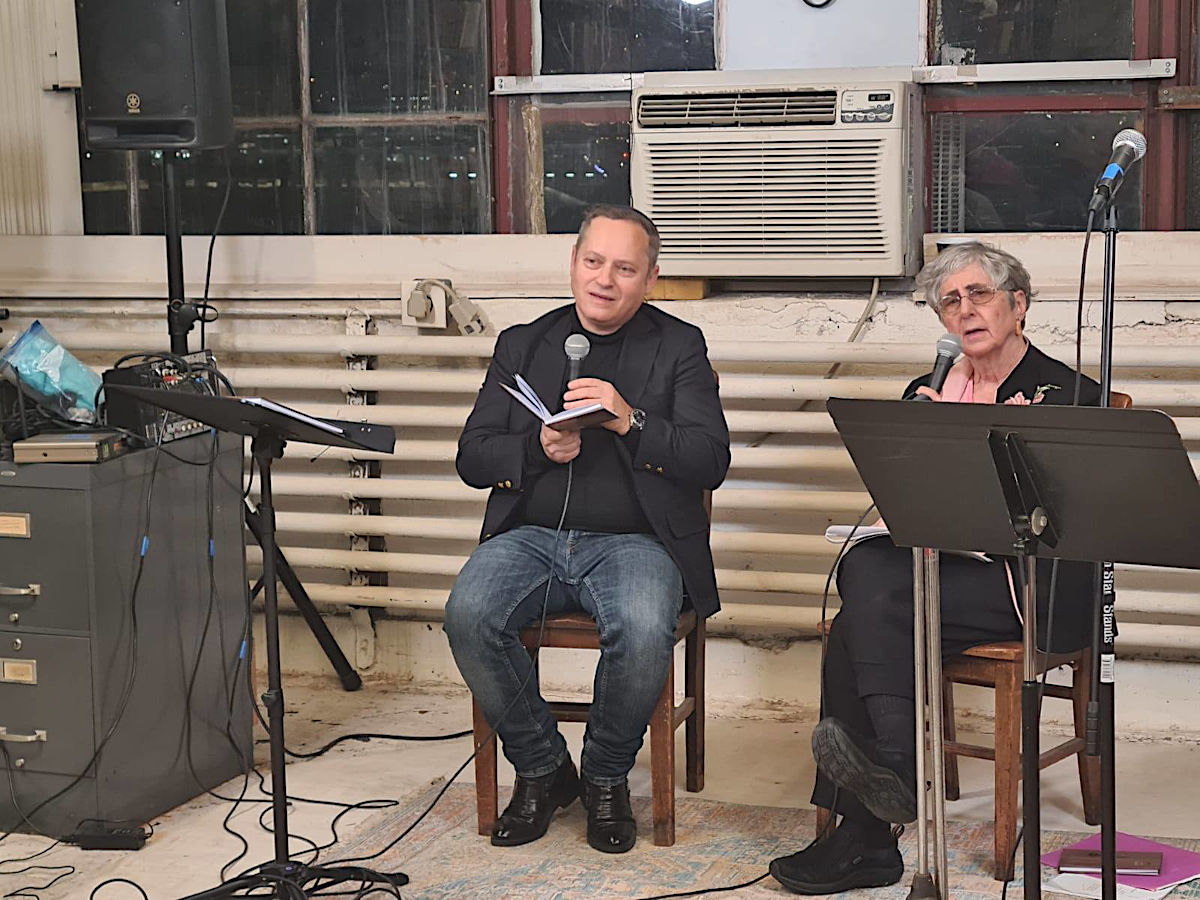
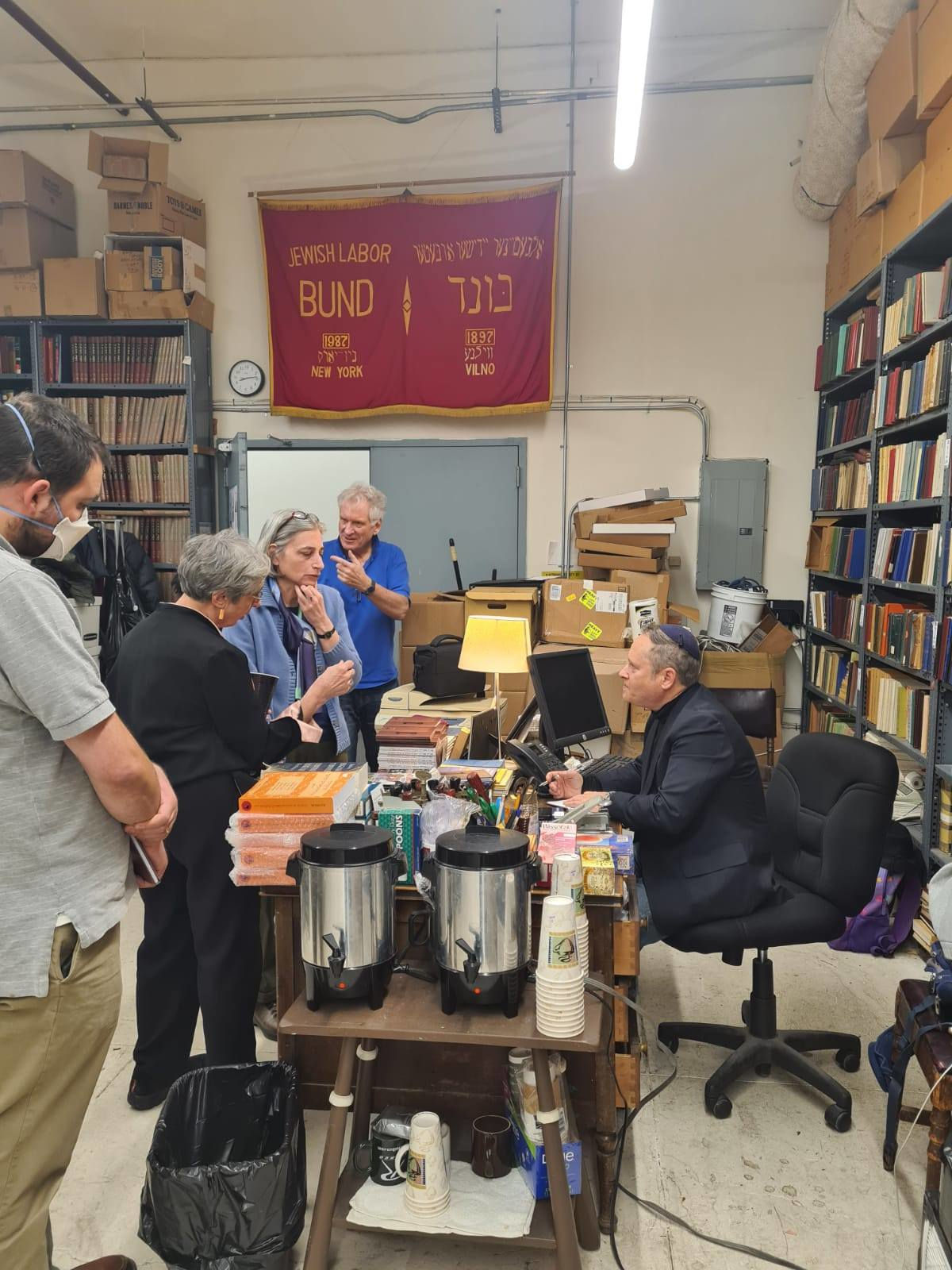
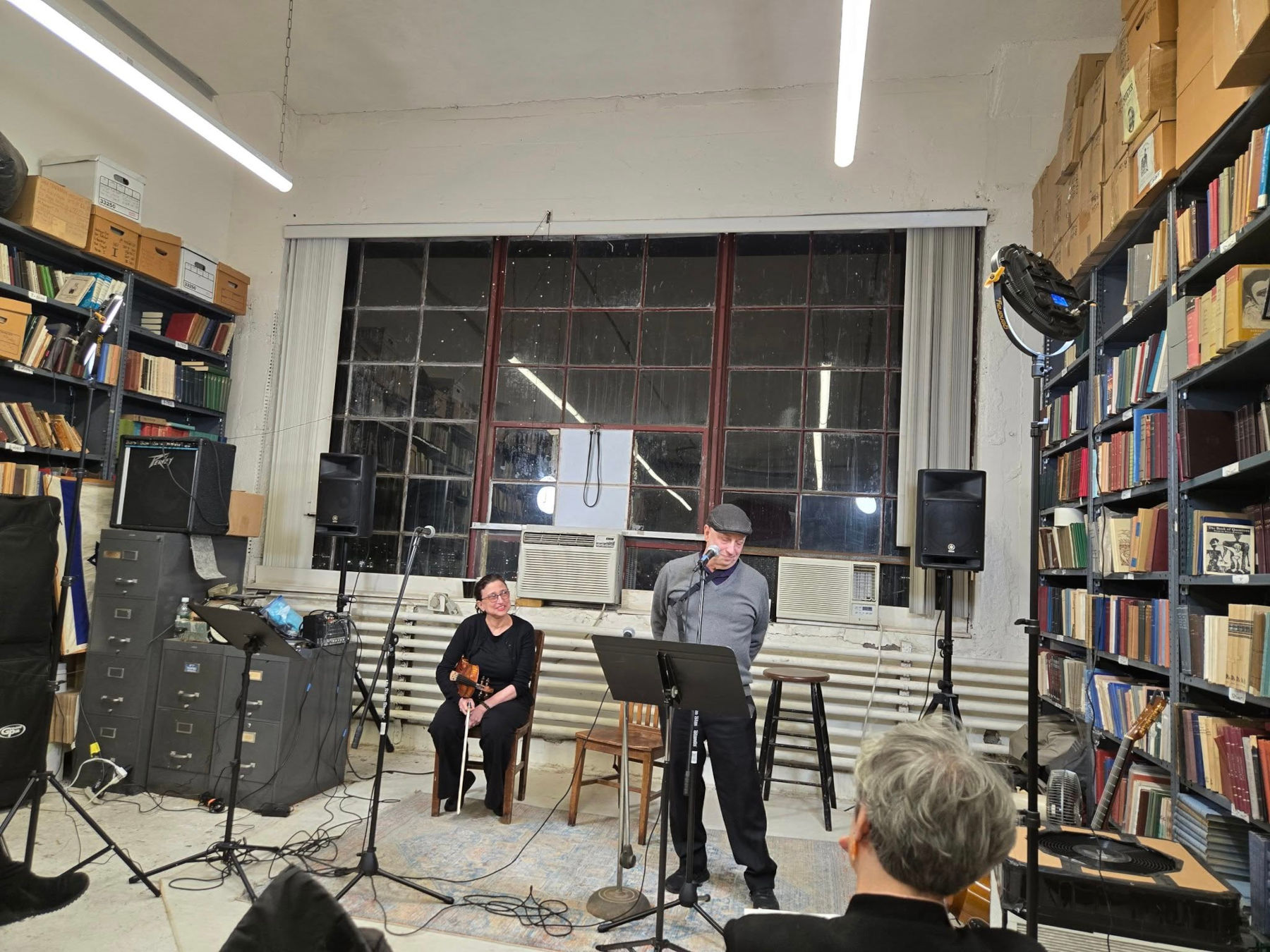
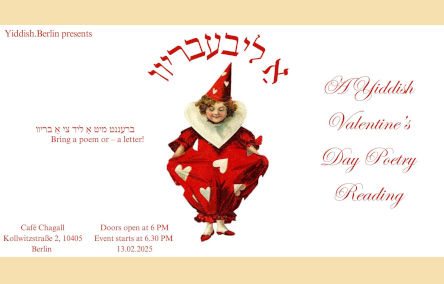
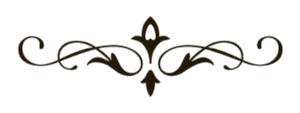
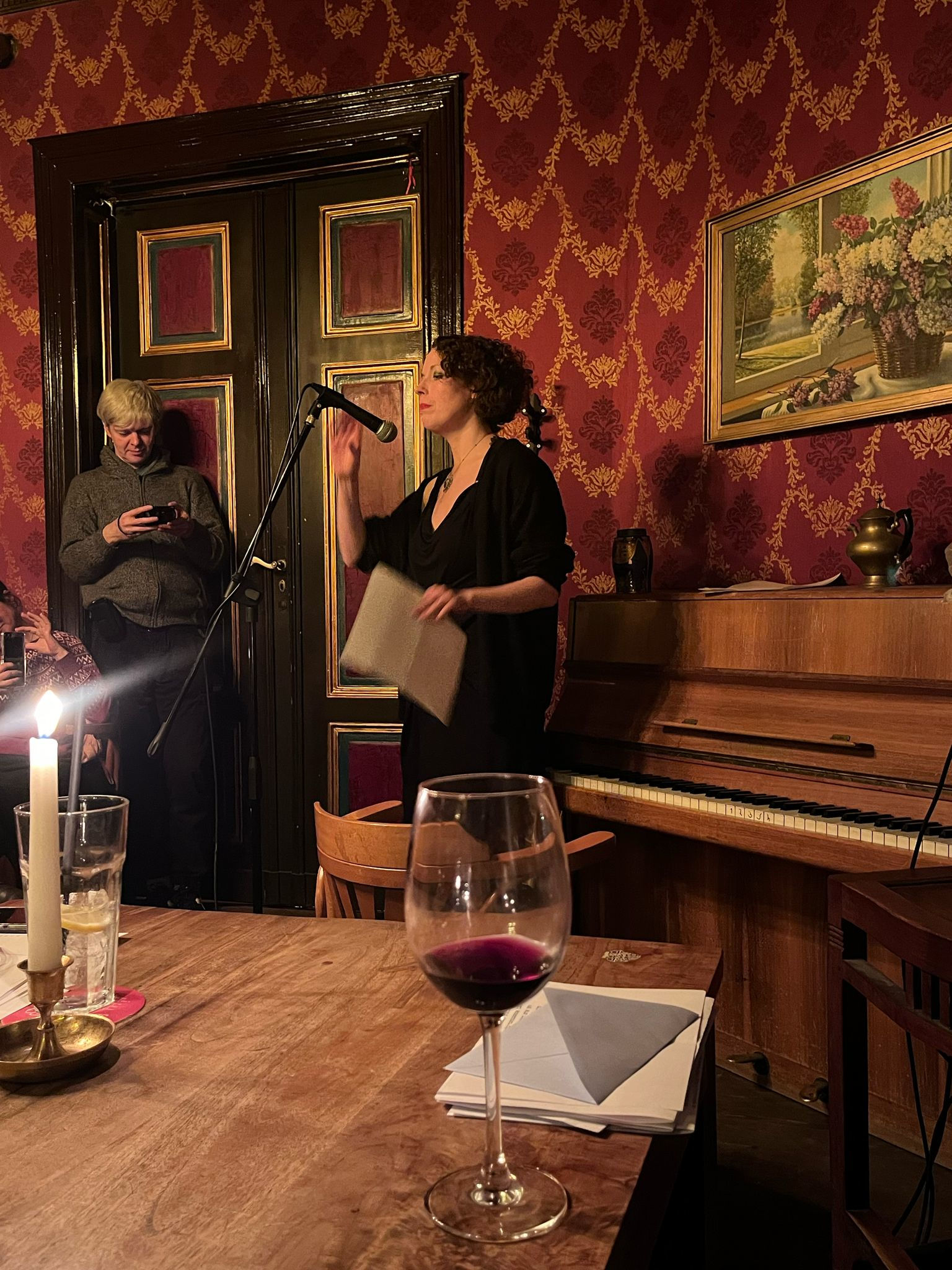
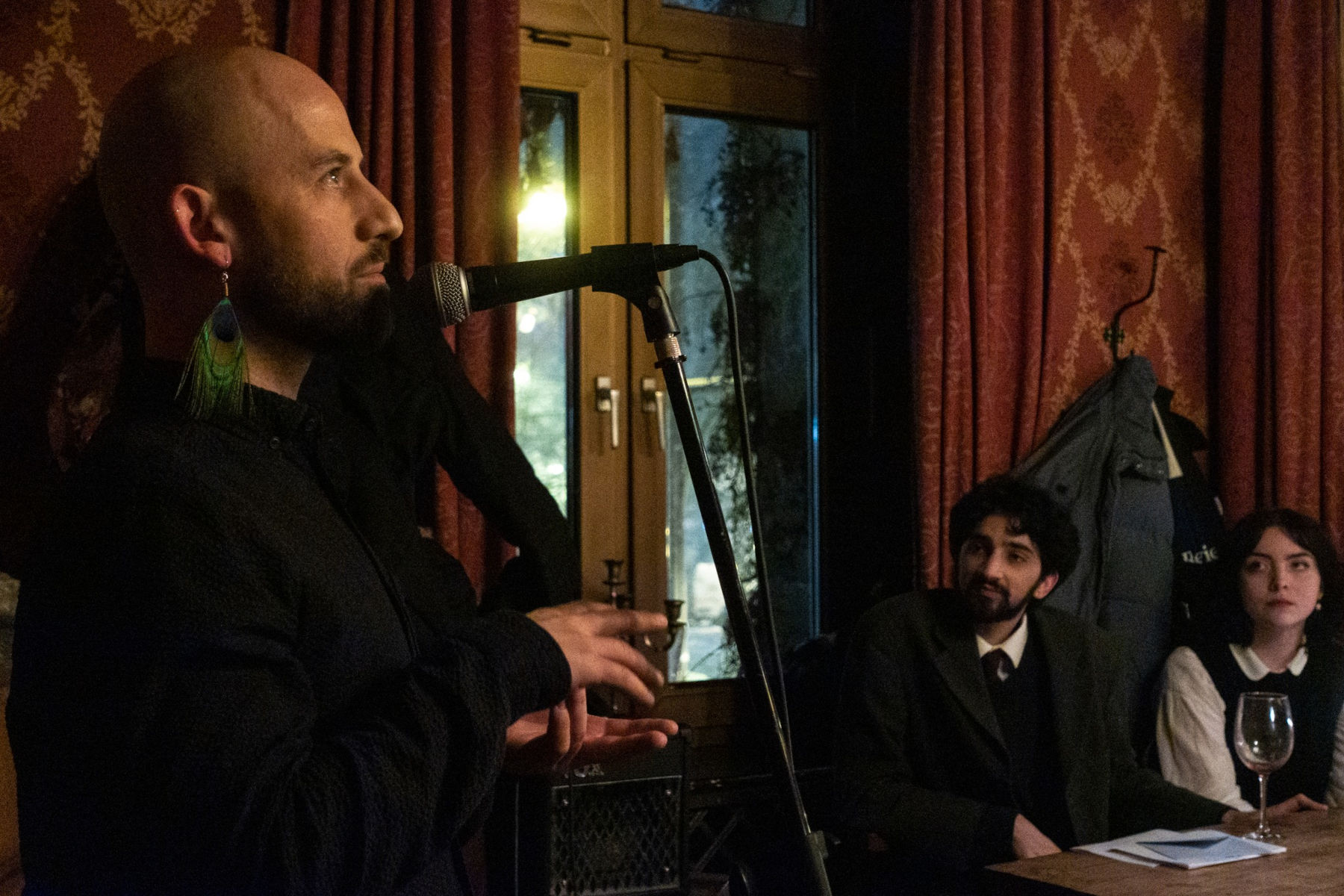
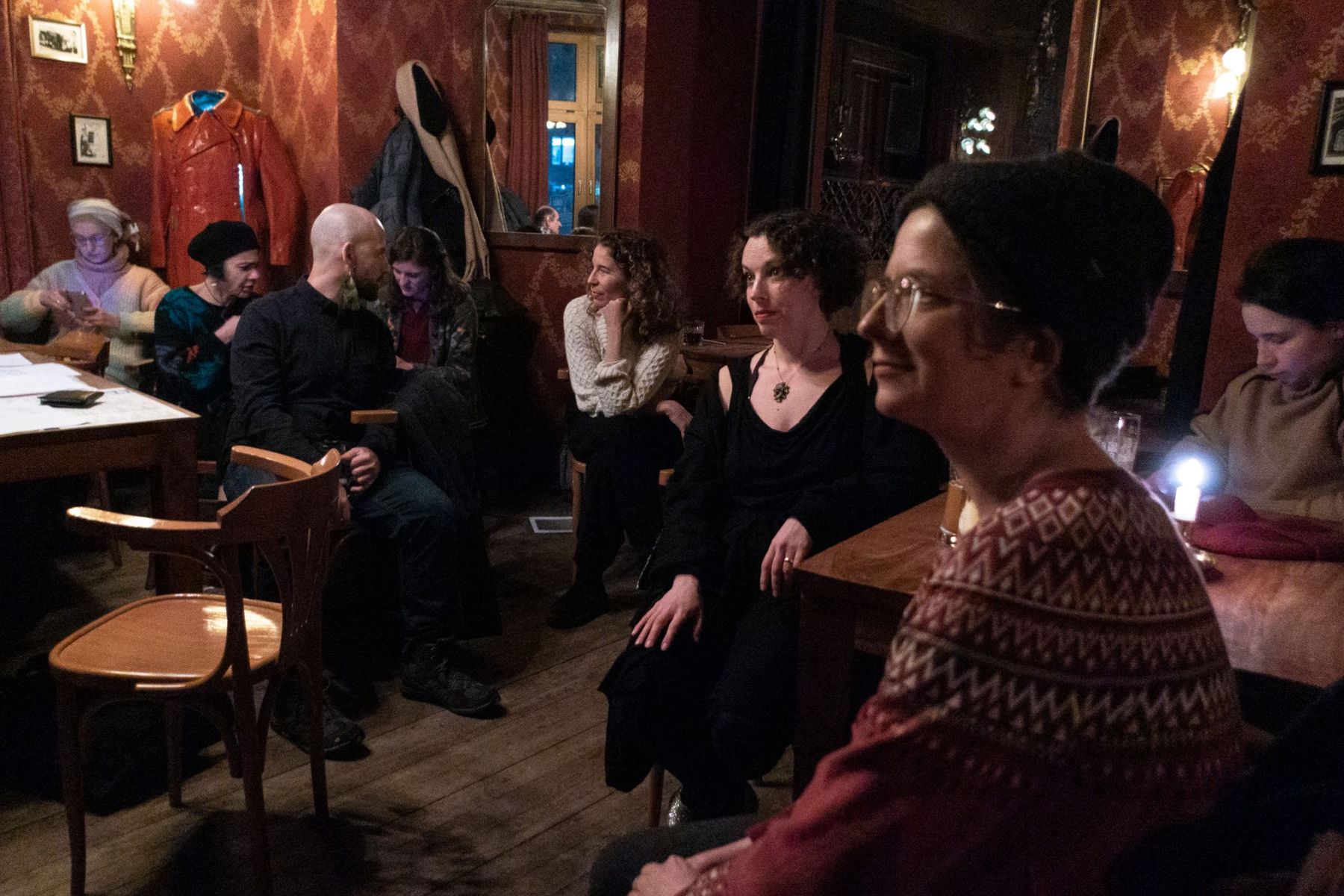
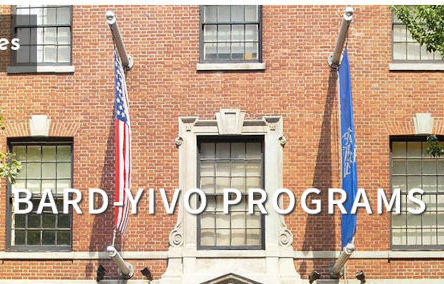
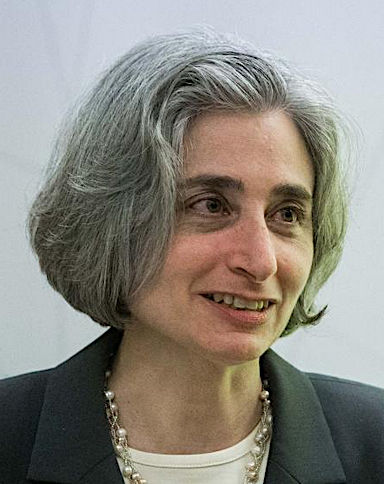
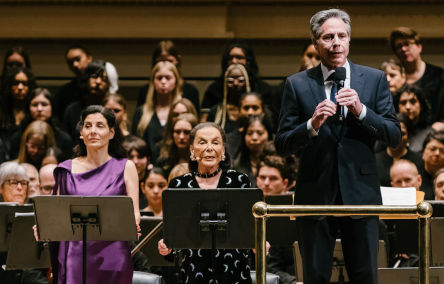
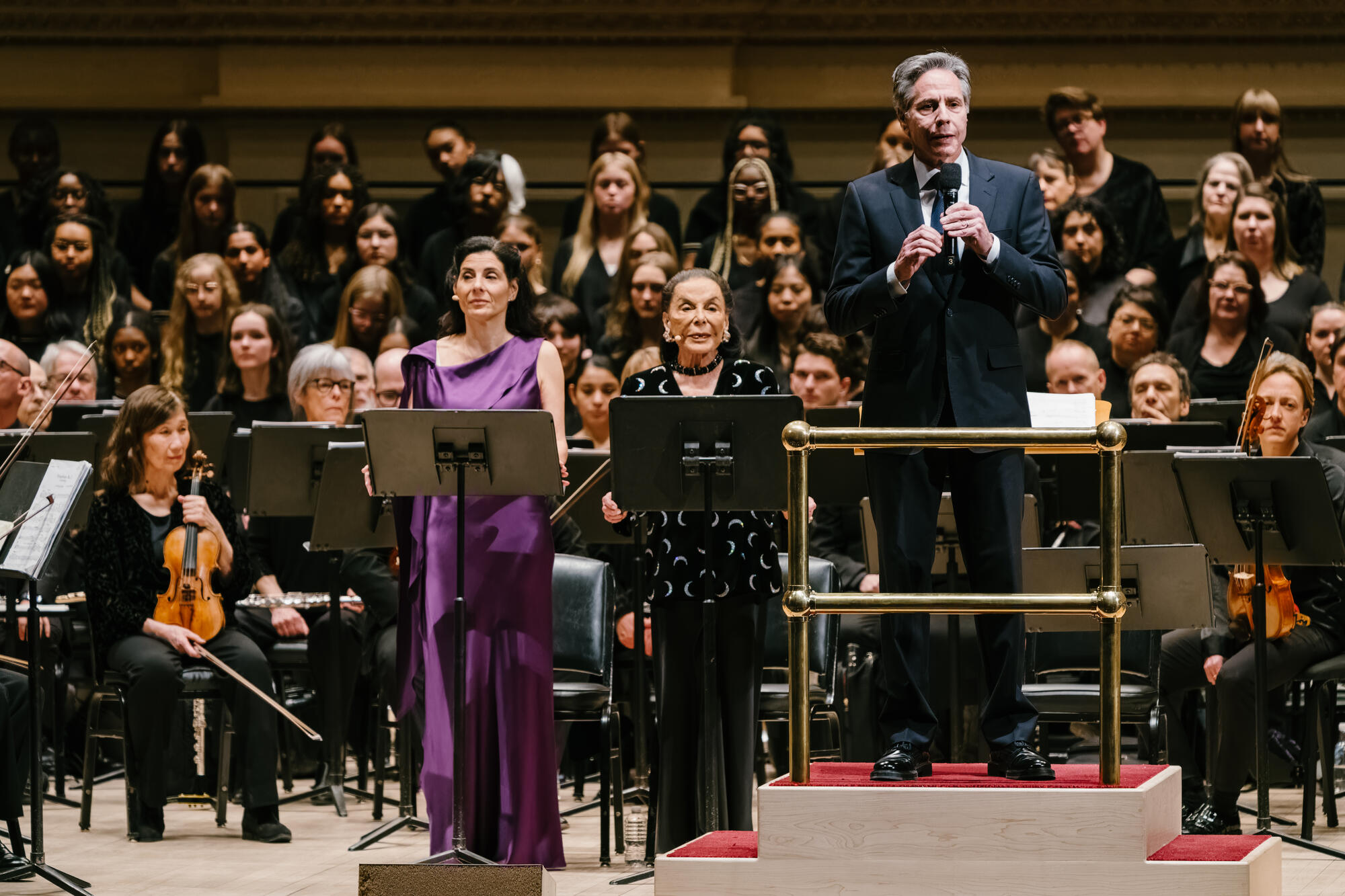
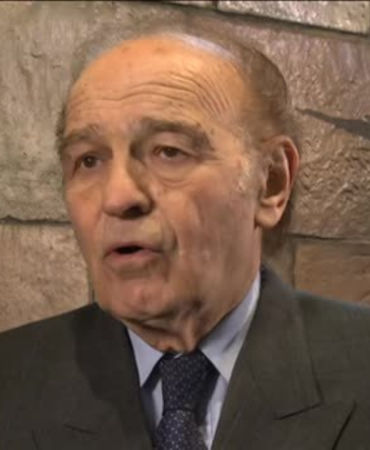

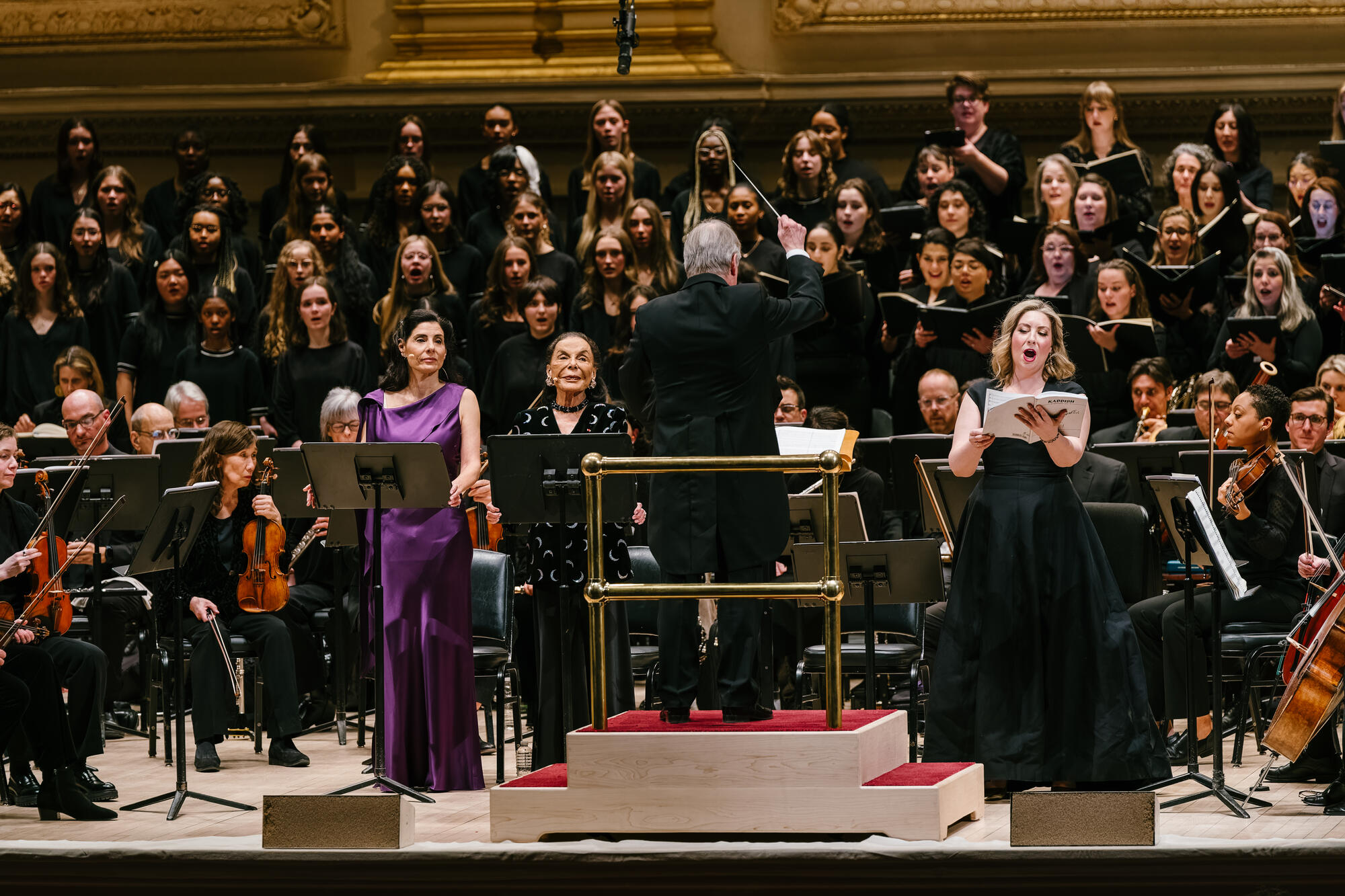
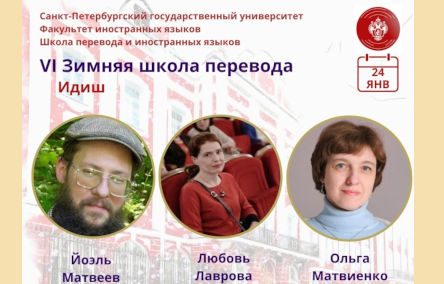
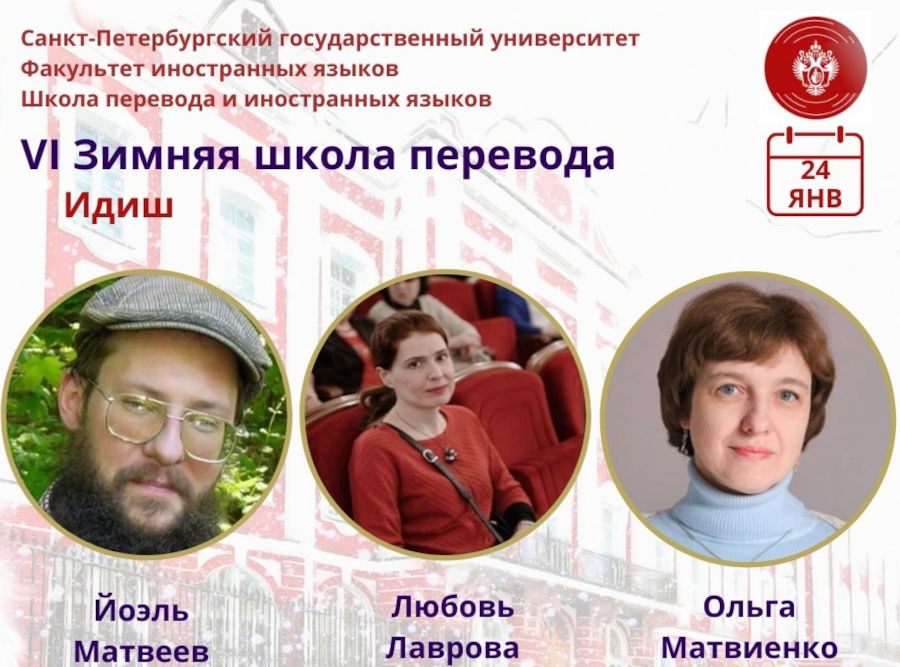
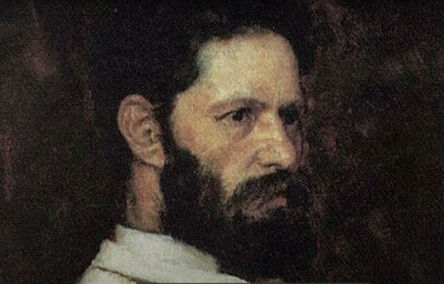
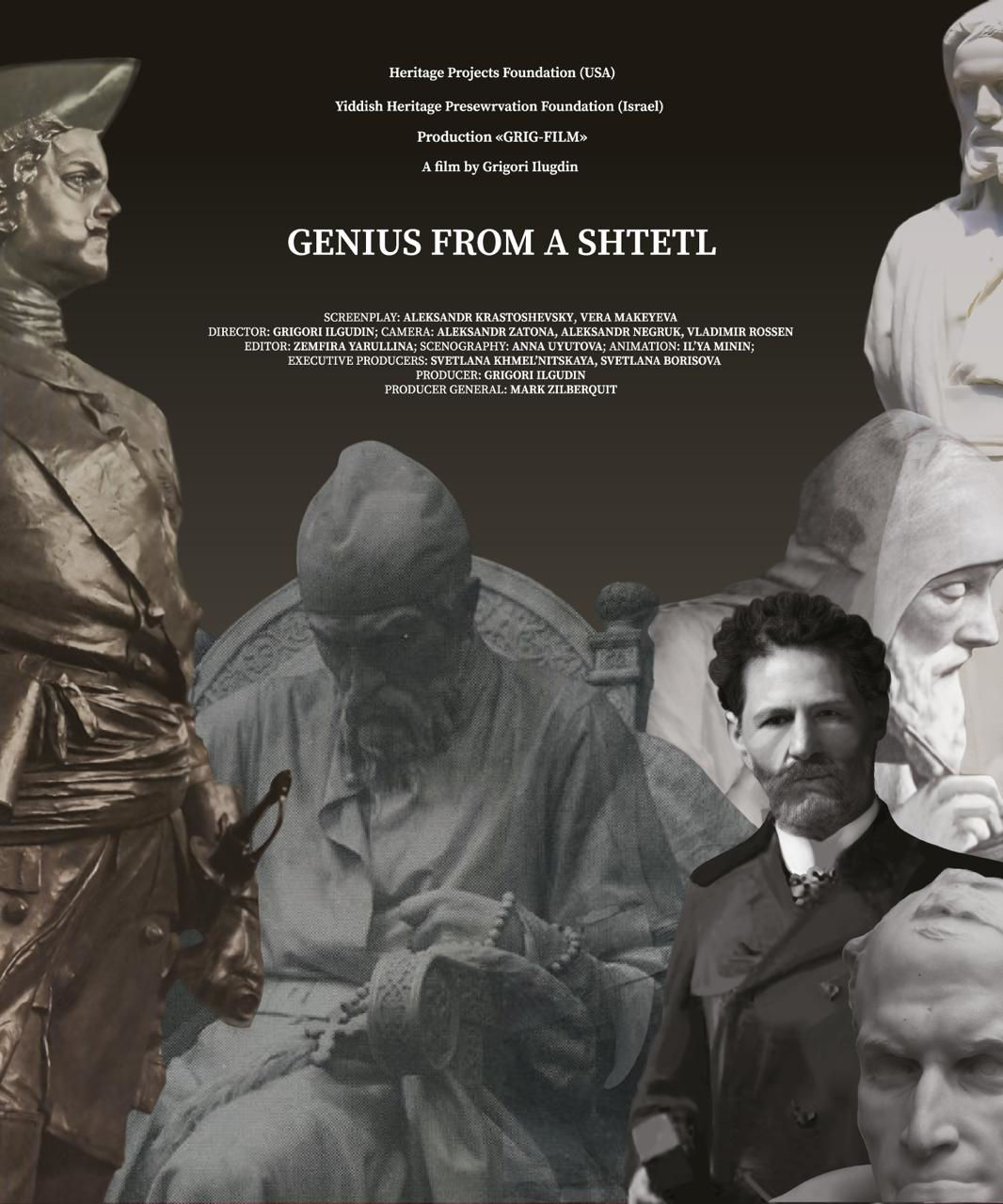 Grigori Ilugdin’s Russian-Yiddish film Genius from a Shtetl, a documentary about the famous sculptor Mark Antokolsky, is now publicly available online with English subtitles. It contains several 3D-animated scenes in Antokolsky’s native Lithuanian dialect of Yiddish. The director expresses his deep gratitude to the Heritage Projects Foundation (USA) and Yiddish Heritage Preservation Foundation (Israel) who supported the documentary.
Grigori Ilugdin’s Russian-Yiddish film Genius from a Shtetl, a documentary about the famous sculptor Mark Antokolsky, is now publicly available online with English subtitles. It contains several 3D-animated scenes in Antokolsky’s native Lithuanian dialect of Yiddish. The director expresses his deep gratitude to the Heritage Projects Foundation (USA) and Yiddish Heritage Preservation Foundation (Israel) who supported the documentary.